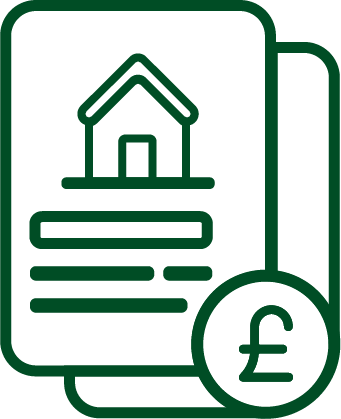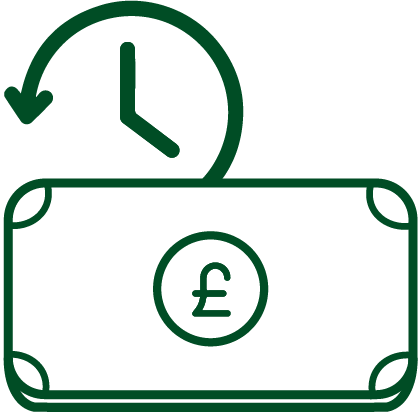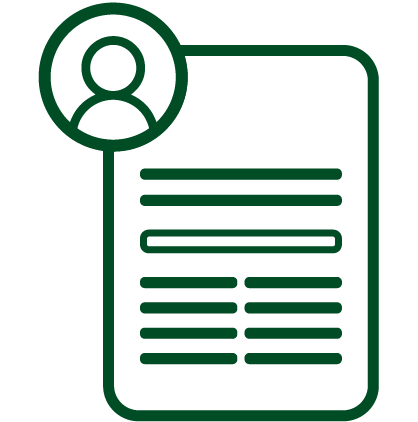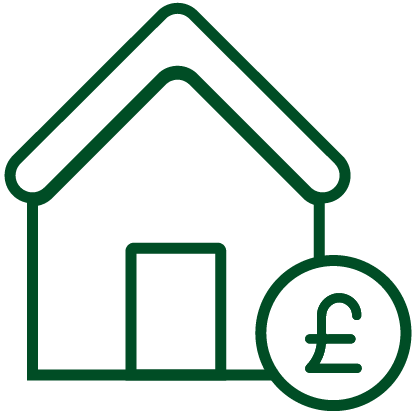Remortgaging
You could unlock monthly savings by remortgaging from a standard variable rate today!
Free Initial Consultation

Free Initial Consultation

Remortgaging involves replacing your current mortgage with a new one, either with the same lender or a different one.
It can be done to take advantage of lower interest rates, raise funds, or change the mortgage terms.
Talk to us so we can handle it for you.


Remortgaging to get a better mortgage interest rate is an option for homeowners who want to reduce their monthly payments and overall interest costs.

Switching from a variable interest rate to a fixed interest rate can provide stability and peace of mind.

Before remortgaging, homeowners must consider any early repayment charges that may apply if they remortgage before the initial mortgage term ends.
Homeowners looking to access the capital in their homes may consider remortgaging to release capital.
When remortgaging to release capital, homeowners can choose to receive the money in one lump sum payment or as regular payments over time. It is essential to consider the interest rates, fees, and repayment terms carefully before committing to any capital release scheme.
A mortgage advisor can help you compare the rates, fees, and terms of different remortgage options and find the one that suits your needs and financial situation.
Remortgaging your home to consolidate debt can be a way to simplify your finances and potentially reduce your monthly repayments.
Borrow against the equity in your property and pay off other debts to potentially lower your overall interest rate and monthly repayments, making it easier to manage your finances.
Consolidating high-interest secured debts such as car loans through a home equity loan can potentially secure a lower interest rate and reduce monthly repayments.
By combining multiple debts into one monthly payment, homeowners may not only reduce their overall interest rate but also streamline their finances.
To find the right remortgage deal for debt consolidation, it's important to work with a mortgage broker who can provide access to a wider range of lenders and help navigate the application process.

When interest rates are low, the cost of borrowing money is lower, so you'll pay less interest over the life of the loan.

Depending on the terms of your new mortgage, remortgaging can potentially lower your monthly repayments. This can help you free up some cash flow and reduce financial stress.

Creating a budget for a mortgage can help you determine how much house you can afford based on your income, expenses, and other financial obligations.

Financial planning can also help reduce stress by providing a clear picture of your current financial situation, identifying potential challenges, and outlining steps to overcome them.
By adding unsecured debt to your mortgage the monthly payments may be lower but you will pay the debt over a longer term and will more in the end. Remember, interest rates can go up as well as down.
A flexible mortgage is a type of mortgage that allows you to overpay, underpay, or take payment holidays without incurring additional fees or penalties.
Talk to us so we can handle it for you.


This involves assessing your current financial situation, considering your reasons for remortgaging, and determining if you meet the lender's eligibility requirements.

This may include income statements, tax returns, bank statements, and other documentation related to your finances.

You may want to consider factors such as interest rates, fees, and customer service when selecting a lender.

The lender will review your application and determine if you meet their eligibility requirements.

As part of the remortgage application process, the lender will typically require a valuation of your property to ensure that it's worth the amount you're seeking to borrow.

This involves signing the loan agreement, paying any applicable fees, and transferring the funds to pay off your existing mortgage and establish your new mortgage.